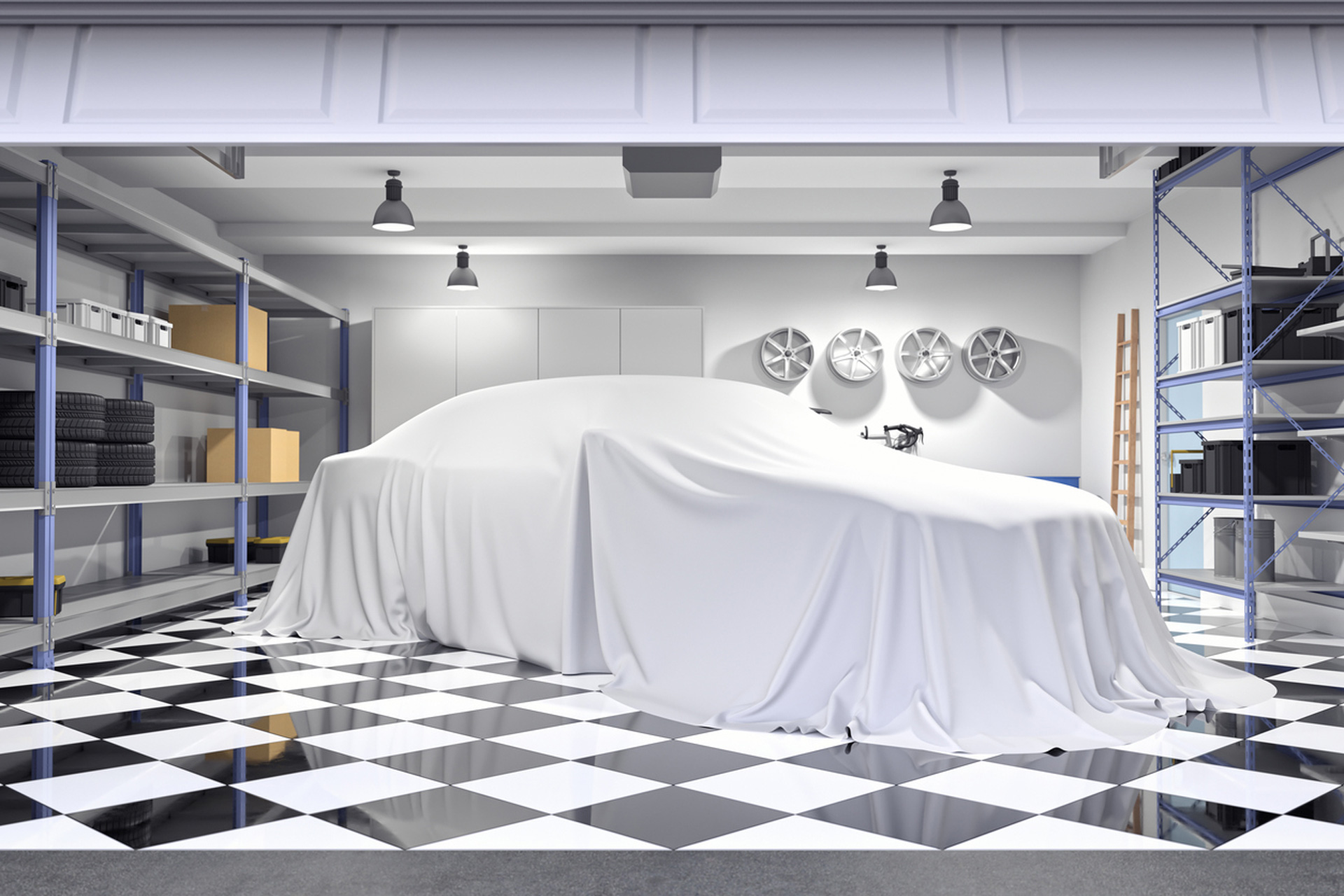

Epoxy is a thermoset material that has high adhesion, mechanical strength, chemical resistance and heat resistance. Therefore, they are ideal materials for covering the floors of places such as factories, warehouses, airplane hangars, parking lots, hospitals, schools and offices that require more durable and long-lasting floors. In addition to high performance characteristics such as chemical resistance, long life, scratch resistance, epoxy is attractive to a wide range of users due to the shiny and lively appearance it creates on the surface.
The name “epoxy” refers to a polymer that is the result of the polymerization reaction of epichlorohydrin and bisphenol. A polymer that has an epoxide group at the end of its short and long chains is also called polyepoxide.
In the conventional form, the viscous fluid state that has the ability to harden or, in other words, to be cured with a hardener, is called resin. Epoxy resin hardens after mixing with hardener. The time when the resin has not started to gel after mixing with the hardener and can be applied is called the usage time.
1. Excellent chemical resistance against a wide range of acidic and alkaline pH
2. Appropriate temperature resistance (permanently up to 60 degrees and instantaneous up to 80 degrees)
3. Excellent mechanical resistance
4. Excellent electrical resistance
5. Excellent adhesion to all types of surfaces and materials
6. Good coloring
The unique adhesion of this resin is created during the curing process, so that it has the lowest viscosity immediately after mixing the resin with the hardener, this low viscosity leads to wetting of the surface. If the surface is free of dirt and grease before being coated with resin, it will adhere well to the resin after the baking process is finished. The set of properties of epoxy resin has made it an ideal coating for all kinds of surfaces that are afraid of being damaged over time and by various factors such as corrosion, wear or various chemical reactions; In addition, it gives extraordinary transparency and beauty to the surfaces.
Epoxy resins have different types in terms of consumption and application, which include;
• Epoxy putty: Epoxy putty is used to fill grooves, cracks, strengthen and strengthen the composite surface, etc. In fact, epoxy putty is widely used due to its high mechanical and chemical resistance for high coverage for different surfaces.
• Epoxy primer: Another two-component material is based on resin, which is used to cover any metal surfaces, industrial devices and steel tanks due to its high adhesion.
• Epoxy glue: Another epoxy resin product is epoxy glue, which is used to repair and strengthen building materials, automotive industry, marine industry, wood industry and other industries.
• Injectable epoxy: This material consists of two elements: hardener and agent. The injection resin, which is in the form of a transparent liquid, is used to fill seams, fissures, repair cracks, and to strengthen all kinds of building surfaces.
• Epoxy paste: Epoxy paste or gel is usually used for gluing laminates, flooring, rebar installation on different levels, etc.